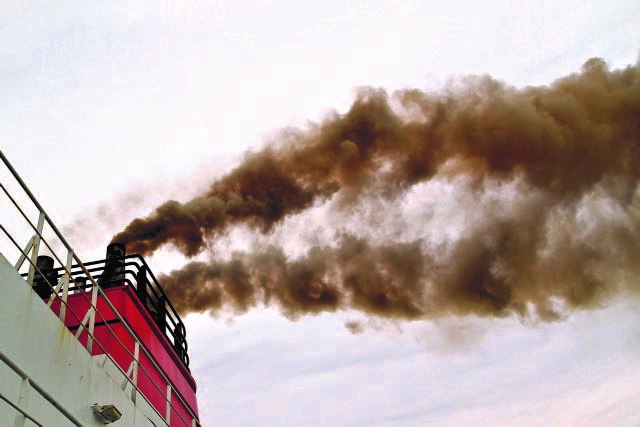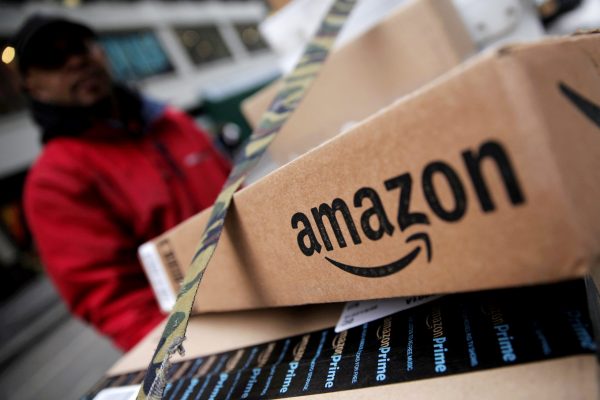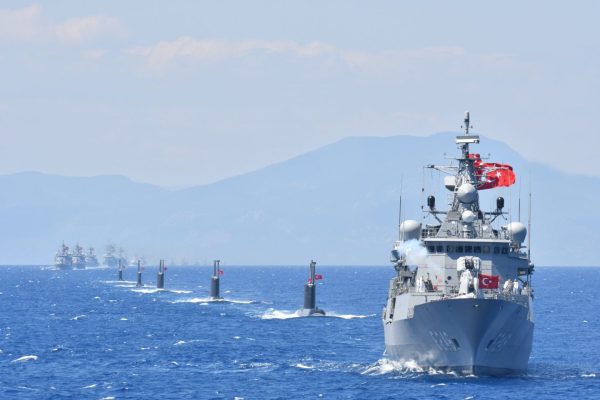
The UGS study concludes that decarbonisation requires a whole new generation of zero-carbon fuels and propulsion techniques that do not yet exist. Investment in production and fuel supply infrastructure accounts for the largest share of the total costs of decarbonisation for the maritime sector. Therefore, the production of green fuels and the construction of more environmentally friendly ships are a responsibility and area of expertise outside the maritime sector, which should provide the international maritime industry with safe and fit-for-purpose propulsion techniques and maritime fuels available worldwide. Shipowners cannot perform these tasks unilaterally.
In general, the alternative energy source selected and transferred on board should have a sufficiently high energy density, compared to the energy density of VLSFO and MDO/MGO to maximise the available cargo space, but without compromising safety. These efforts require the active contribution of all actors in the supply chain, in particular fuel and energy suppliers, shipyards, maritime engine manufacturers, as well as classification societies, ports and charterers.
Research, innovation and investment are needed on issues such as availability in sufficient quantities and feasibility to ensure that shipowners can safely use these fuels globally in the near future. The first priority should be a massive R&D effort and a shift of the technological paradigm towards safe and secure alternative fuels for the future. Once new and economically viable fuels are developed, fuel and energy suppliers should start producing them and ports should have proper infrastructure. However, in the coming decades, fossil fuels will most likely remain much cheaper than zero-carbon alternatives, unless the former are heavily taxed or the latter are subsidised (or both). In general, the macroeconomic impact of fuel on ships is becoming much more expensive, as is the construction of the vessels themselves. Just as major of an issue is the disruption and economic consequences of moving away from a universal fuel for maritime shipping, where fossil fuels have been established over the last 70–80 years, and the introduction of a number of new fuels and technologies. At first sight, it appears that technologies that capture most or all of the carbon dioxide (CO2) from fossil fuels will cause less disruption; this is an issue that should be further explored. It is worth noting that orders for newly built ships with delivery dates in 2023/2024 mainly consist of seagoing ships with dual-fuel ready engines that are compatible with NOx Tier III emissions, although these vessels are undoubtedly more expensive.
The study concludes by pointing out that depending on the fragmentation or not of the future fuel landscape and the length of the transition period towards a new situation, the shift to a multi-fuel future may in fact herald the end of low-cost maritime trade and its basic backbone, the international model of bulk/tramp shipping, which is responsible for over 84% of the global transport work (in ton-miles).
Latest News

Airbnb: Greece’s Short-Term Rentals Dip in March Amid Easter Shift
Data from analytics firm AirDNA shows that average occupancy for short-term rentals dropped to 45% in March, down from 49% the same month last year.

Easter Week in Greece: Holy Friday in Orthodoxy Today
At the Vespers service on Friday evening the image of Christ is removed from the Cross and wrapped in a white cloth

Meloni and Trump Meet in Washington, Vow to Strengthen Western Ties
“I am 100% sure there will be no problems reaching a deal on tariffs with the EU—none whatsoever,” Trump stressed.

ECB Cuts Interest Rates by 25 Basis Points in Expected Move
The ECB’s Governing Council opted to lower the deposit facility rate—the benchmark for signaling monetary policy direction—citing an updated assessment of inflation prospects, the dynamics of underlying inflation, and the strength of monetary policy transmission.

Current Account Deficit Fell by €573.2ml Feb. 2025: BoG
The improvement of Greece’s current account was mainly attributed to a more robust balance of goods and, to a lesser extent, an improved primary income account

Hellenic Food Authority Issues Food Safety Tips for Easter
Food safety tips on how to make sure your lamb has been properly inspected and your eggs stay fresh.

Greek Kiwifruit Exports Smash 200,000-Ton Mark, Setting New Record
According to data by the Association of Greek Fruit, Vegetable and Juice Exporters, Incofruit Hellas, between September 1, 2024, and April 17, 2025, kiwifruit exports increased by 14.2%.

Easter Tourism Boom: Greece Sees 18.3% Surge in Hotel Bookings
Among foreign markets, Israel has emerged as the biggest growth driver, with hotel bookings more than doubling—up 178.5% year-on-year.

Greece to Launch Fast-Track Tender for Offshore Hydrocarbon Exploration
Last week, Papastavrou signed the acceptance of interest for the two Cretan blocks, while similar decisions regarding the two Ionian Sea blocks were signed by his predecessor

American-Hellenic Chamber of Commerce to Open Washington D.C. Branch
AmCham's new office aims aims to deepen U.S.-Greece economic ties and promote investment and innovation between the two countries








![Πλημμύρες: Σημειώθηκαν σε επίπεδα ρεκόρ στην Ευρώπη το 2024 [γράφημα]](https://www.ot.gr/wp-content/uploads/2025/04/FLOOD_HUNGRY-90x90.jpg)




![Airbnb: Πτωτικά κινήθηκε η ζήτηση τον Μάρτιο – Τι δείχνουν τα στοιχεία [γράφημα]](https://www.ot.gr/wp-content/uploads/2024/07/airbnb-gba8e58468_1280-1-90x90.jpg)












![ΙΟΒΕ: Πώς το δημογραφικό υπονομεύει την ανάπτυξη – Τι συμβαίνει στις ελληνικές περιφέρειες [γραφήματα]](https://www.ot.gr/wp-content/uploads/2025/04/dimografiko-600x375.jpg)












![Airbnb: Πτωτικά κινήθηκε η ζήτηση τον Μάρτιο – Τι δείχνουν τα στοιχεία [γράφημα]](https://www.ot.gr/wp-content/uploads/2024/07/airbnb-gba8e58468_1280-1-600x500.jpg)


 Αριθμός Πιστοποίησης
Αριθμός Πιστοποίησης